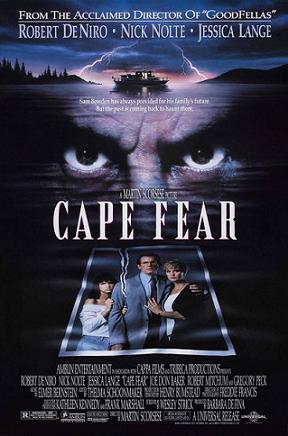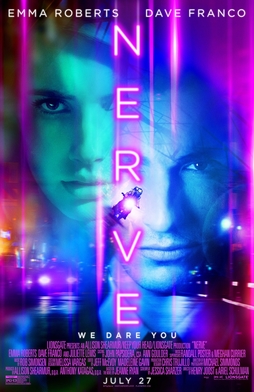When exactly did Leonardo DiCaprio become a good actor?
That may seem like a strange question because, today, Leonardo DiCaprio is often and rightfully described as being one of the greatest actors around. He regularly works with the best directors in Hollywood, including Martin Scorsese. His performances in The Aviator, The Wolf of Wall Street, and The Revenant should be viewed by any aspiring actor.
And yet, it’s easy to forget that Leonardo DiCaprio has been around forever. Long before he was Martin Scorsese’s go-to actor, he was appearing in movies like Critters 3. He started his career when he was 14 years old and spent a few years appearing in commercials and sitcoms before making his film debut in 1991. (He was 17 when he made his first movie but, as anyone who has seen any of his early movies can attest, he looked much younger.) When you watch those early DiCaprio films, you’re left with the impression of an actor who had some talent but who definitely needed a strong director to guide him. Watching those early DiCaprio films, it’s always somewhat amazing to see both how good and how bad DiCaprio could be, often in the same movie. If a scene called for DiCaprio to be quiet and introspective, he was a wonder to behold. But whenever a scene called for big dramatic moment or gesture, DiCaprio would often become that shrill kid who made you cringe in your high school drama class. I think that part of the problem is that the young DiCaprio was often cast as a passionate artist and, when you’re a certain age, you tend to assume that being a passionate artist means that you spend a lot of time yelling.
Take a film like 1995’s The Basketball Diaries, for instance. In this film, Leonardo DiCaprio plays a real-life poet named Jim Carroll. The film deals with Carroll’s teenage years, which were basically made up of going to Catholic school, writing poetry, playing basketball, committing petty crimes, and eventually getting hooked on heroin. It’s pretty dramatic stuff and, with his face that’s somehow angelic and sardonic at the same time, the young DiCaprio certainly looks the part of a teenager who split his time between private school and the streets. Though the young DiCaprio was way too scrawny to be believable as a star basketball player, he’s convincing in the scenes where he’s writing out his thoughts and his poems.
But then, Jim’s best friend (played by Michael Imperioli) dies of leukemia and a despondent Jim goes from pills and inhalants to heroin and both the film and DiCaprio’s performance quickly goes downhill. Playing drug addiction (and, even worse, drug withdrawal) tends to bring out the worst instincts in even the best actors and that’s certainly the case with DiCaprio’s performance in The Basketball Diaries. Suddenly, Leo is shaking and yelling in that shrill way that he used to do and, when he has gets emotional, he overplays the emotions to the extent that you can actually hear the snot being sorted back up his nostrils and you, as the viewer, start to get embarrassed for him. As soon as Jim starts screaming at his mother (played by Lorraine Bracco), you really wish that the director or the writer or maybe the other actors had stepped in and said, “Leo …. dial it down a little.” If you need proof that DiCaprio’s a far better actor today than he was in 1995, just compare Leo on drugs in The Basketball Diaries to Leo on drugs in The Wolf of Wall Street.
When The Basketball Diaries does work, it’s usually because of the actors around DiCaprio. In one of his earliest roles, Mark Wahlberg has such an authentic presence that you kinda wish he and DiCaprio had switched roles. (Yes, there was a time when Mark Wahlberg was a better actor than Leonardo DiCaprio.) Bruno Kirby is chilling in a few cringey scenes as Jim’s basketball coach. Ernie Hudson bring some welcome gravitas to the role of an ex-junkie who tries to help Jim straight out. And then there’s poor Lorraine Bracco, bringing far more to the role of Jim’s underappreciated mother than was probably present in the script.
The Basketball Diaries is one of those films that seems profound when you’re like 15 and you come across it playing on TBS at like 2 in the morning. Otherwise, it’s mostly interesting as evidence that, over the past 20 years, Leonardo DiCaprio has certainly grown as an actor.

 “The family is like a drug and we’re all junkies.” So says Charley Warner (Vincent D’Onofrio), one of the many pissed off people at the center of Crooked Hearts.
“The family is like a drug and we’re all junkies.” So says Charley Warner (Vincent D’Onofrio), one of the many pissed off people at the center of Crooked Hearts.


